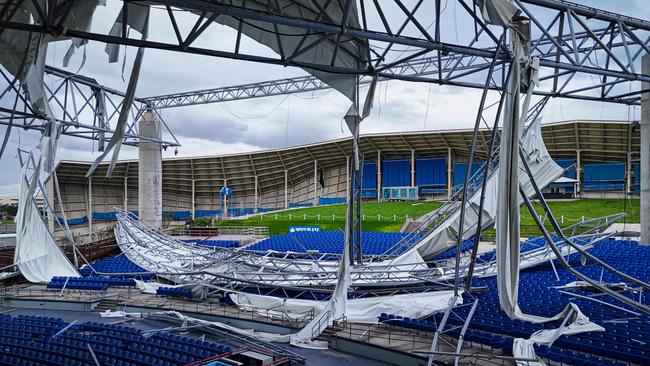
Hurricanes Helene and Milton, which have left more than 200 people dead across six states since late September and untold billions in damage, won’t have the same impact on the Biden administration, whose response local governors, including three Republicans, have praised.
South Carolina’s Henry McMaster for instance said the federal government had “been superb”.
But the twin disasters, coming around a month before the 2024 presidential election, have helped Donald Trump’s chances at the margin.
First, they have exposed growing apparent tension between Joe Biden and Kamala Harris, as the latter, sometimes ineptly, seeks to distance herself from his unpopular administration.
The Democratic presidential candidate tried to embarrass Florida governor Ron DeSantis this week, claiming he hadn’t taken her calls.
“He’s playing political games,” she told The View in an interview on Tuesday (Wednesday AEDT). A few hours later the president told reporters that DeSantis has been doing a “great job” and had been speaking regularly. Did none of his dozens of personal media advisers update him on Harris’s political messaging in advance?
“She has no role in this process. And I’ve been dealing with these storms in Florida under both Trump and Biden. Neither of them ever politicised it,” DeSantis told CNBC on Thursday (Friday AEDT).
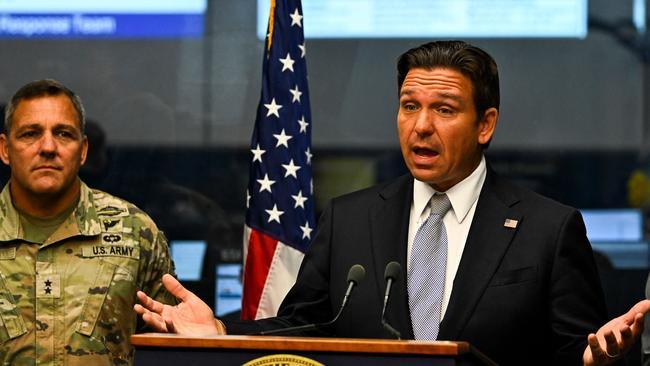
Second, the disasters have allowed Donald Trump to do what he’s skilled at: amplifying politically useful exaggerations and falsehoods that cast Democrats in a bad light.
He claimed late last month as Helene struck that federal authorities were “going out of their way to not help people in Republican areas” without any evidence.
Last week he claimed Georgia’s republican governor Brian Kemp, with whom Trump has had a rocky relationship for years, hadn’t been able to reach the president, when in fact Kemp later said it was he who had missed a call from Biden, and had “a great relationship” with federal authorities.
“They’re offering them $750, to people whose homes have been washed away. And yet we send tens of billions of dollars to foreign countries that most people have never heard of,” Trump added at a rally in Pennsylvania on Saturday (Sunday AEDT).
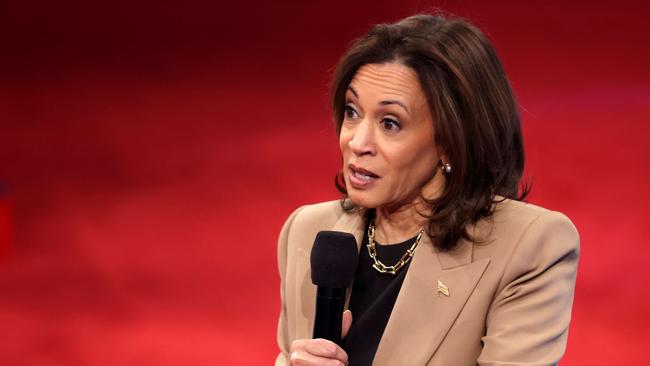
To be fair to the Federal Emergency Management Agency, $750 is the sum available immediately to residents affected by the storms, while up to $42,500 can be accessed later.
Harris slammed Trump on The View too: “The idea that somebody would be playing political games for the sake of himself – but this is so consistent about Donald Trump”. But the political damage was surely done: the optics of the highly publicised hundreds of billions of dollars in federal aid and equipment going to Ukraine and Israel while ordinary Americans suffer aren’t great.
“She’s on a fundraising comedy tour while people are stranded and drowning all over some of our greatest states,” Trump said during a rally at Reading, Pennsylvania on Wednesday (Thursday AEDT).
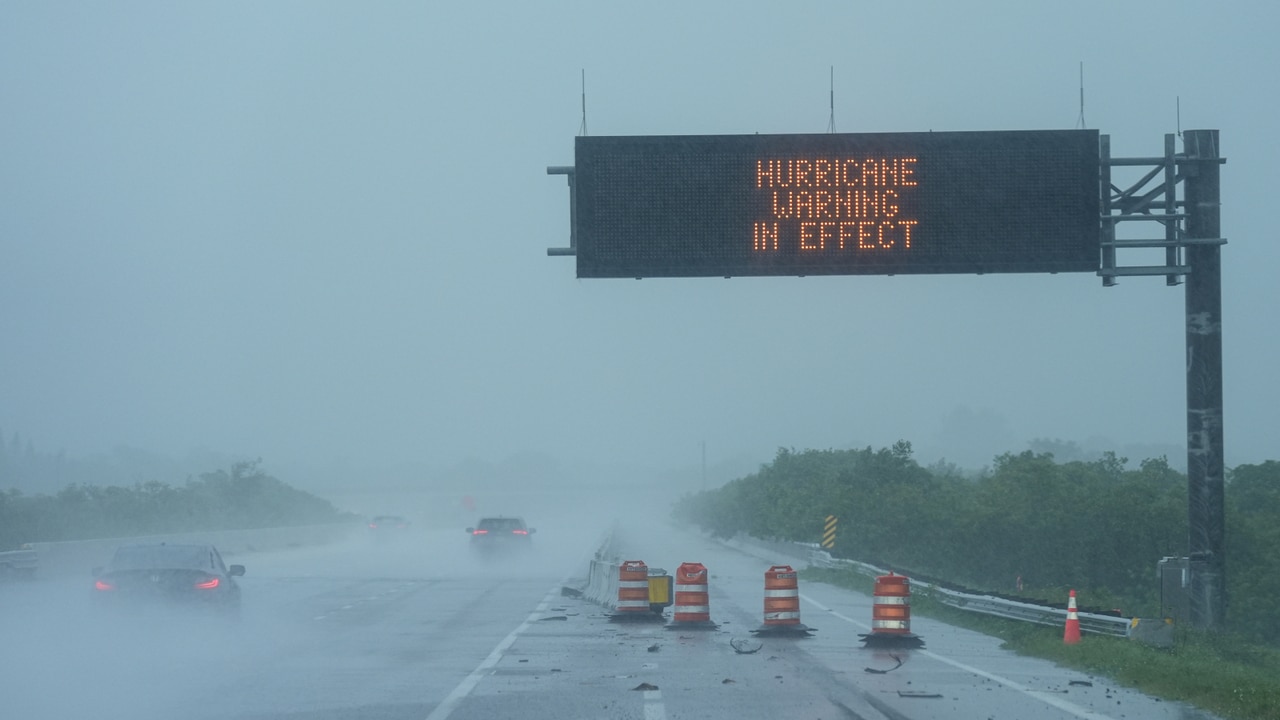
Harris has since travelled to affected regions at least twice, but it’s true that after Helene made landfill on September 26, the Vice President addressed a glitzy fundraising event at the San Francisco Palace of Fine Arts.
Third, Democrats and aligned civil right groups appear to be concerned that the disruption to voter registration, and even voting itself, which has begun in some states, will hurt them more than Republicans overall.
They have sued, so far unsuccessfully, to extend registration deadlines in the critical swing state of Georgia, where only 12,000 votes made the difference in 2020. They succeeded in South Carolina, which voted 55 per cent for Trump in 2020, although they didn’t bother in deep red Tennessee, which voted 61 per cent for Trump in 2020.
Why would they waste scarce funds on legal action if they believed the storms would disproportionately hurt Republicans?
It’s not all bad news for Democrats, though. Former Obama adviser David Axelrod eyed a possible advantage in North Carolina, another key swing state, pointing out that voters in badly affected Asheville, were “the kind of voters who will figure out a way to vote … they’re upscale, liberal voters”.
“I’m not sure a bunch of these folks who’ve had their homes and lives destroyed in western North Carolina in the mountains there are going to be as easy to wrangle for the Trump campaign,” he added, in a Hacks on Tap podcast conversation last week.
Perhaps the biggest advantage for Democrats is the opportunity to link the storms to the need for ‘action on climate change’.
“The science is clear: These storms will continue to grow more dangerous and frequent. We need to take climate change seriously and take action to protect our environment for future generations,” opined Democrat Illinois congressman this week, echoing a barrage of similar observations elsewhere.
But it’s not even sure that was a win. “I’ve already addressed the historical record of the storms in Florida.
Like I said our biggest storm, our strongest storm by far remains the Labour Day from the 1930s,” DeSantis said at a press conference on Thursday (Friday AEDT), as a journalist tried to pin Milton carbon dioxide emissions.



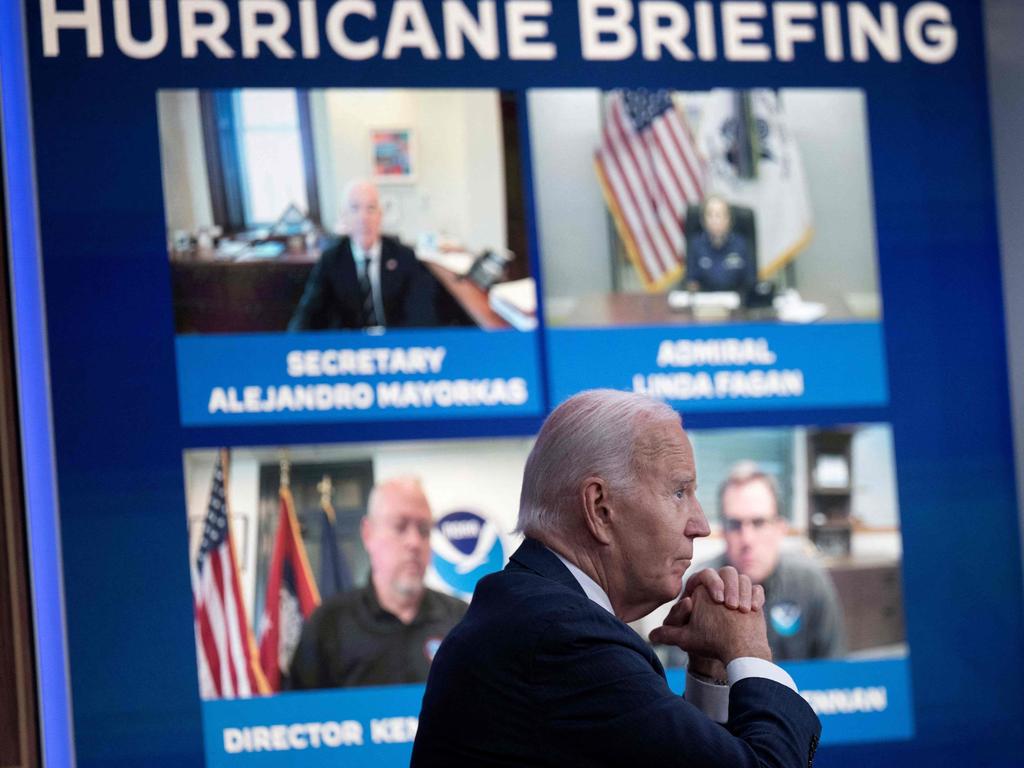

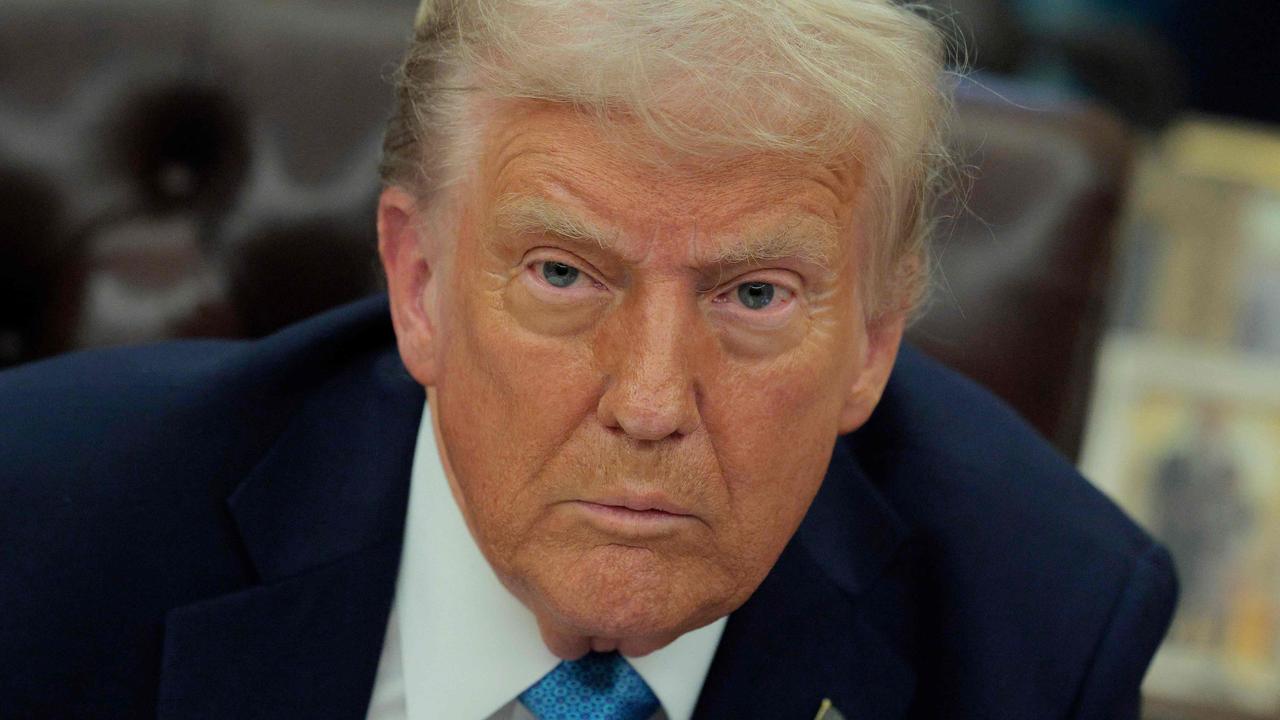
Hurricane Katrina, which left almost 1,400 dead across Louisiana, would have destroyed George W. Bush’s hopes of a second term had it occurred a year earlier than August 2005, such was the fury at the tardy and disorganised federal response to what remains one of the deadliest natural disasters in American history.